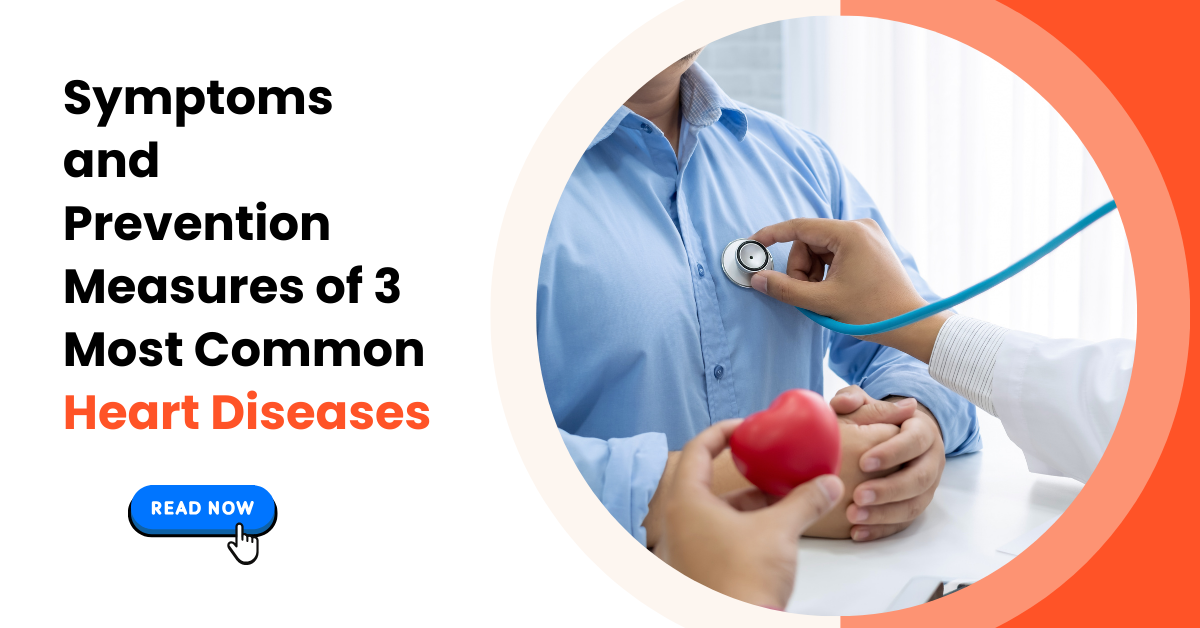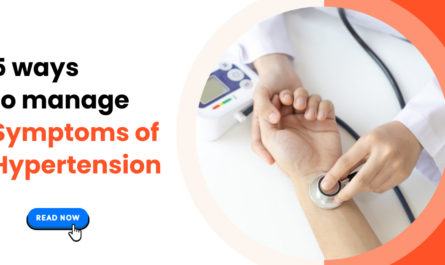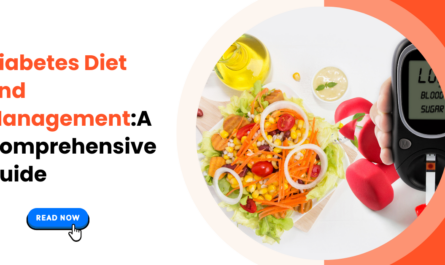Heart disease is the numero uno killer globally, with nearly 17 million people falling prey to it in a year. Deaths due to coronary heart disease amounts to 7.4 million while 6.7 million were due to stroke. Heart diseases accounts for more deaths than all forms of cancer combined together. Unhealthy lifestyle and eating habits are one of the major causes of heart diseases. Modern lifestyle with its venomous attitude towards health often puts us at serious health risks. Tobacco use, unhealthy diet, obesity, physical inactivity and harmful use of alcohol, are the major risk factors of heart disease.
There are many different types of cardiovascular disease. Few are congenital (heart problems at birth), while major heart diseases develop over the course of time and affect in later stages of life. Here are the most common and serious heart diseases along with its symptoms-

- Arrythmia
Arrythmia is a disorder of the heart rate wherein the heart beats too fast, too slow, or irregularly. In this condition, the heart’s electrical system starts malfunctioning.
Symptoms: may be very mild, or severe or even life-threatening. On having arrhythmia, one’s heartbeat may be too slow, too quick or irregular. Chest pain, Fainting, Dizziness and Paleness are some of the common symptoms.
- Congenital heart disease
Congenital heart disease is a complication with the heart’s structure and function at birth. Though these can be very serious conditions, many can be treated with surgery.
Symptoms: Bluish tint to the skin, poor weight gain, and lung infections are symptoms which indicate congenital heart disease. It is present right from birth, the symptoms may not appear immediately, and usually depend on the heart condition of the newborn.
- Heart Attack
Heart attack is a permanent damage to the heart muscle and death of tissues due to lack of blood supply. A heart attack usually occurs when a blood clot blocks blood flow to the heart.
Symptoms: like discomfort, pressure, heaviness, and pain in the chest and arm are serious indicators of heart attack and immediate medical attention must be seeked. Acting fast at the first sign of heart attack symptoms can save your life. Treatment works best when it’s received right after the symptoms occur.



